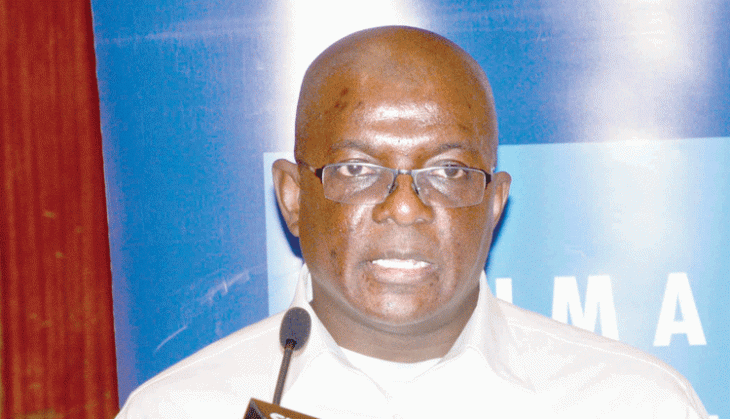Lobby slams Kenya for failing to protect frontline health workers

The government has failed to fulfill its pledge to support health workers fighting Covid-19, thus exposing them to avoidable risks of trauma, infection and even death, an investigation by an international lobby has revealed.
Human Rights Watch (HRW) says the government’s uncoordinated response affected the welfare of thousands of health workers.
Despite significant support from various donors, the probe says the government did not allocate enough funds to buy adequate Personal Protective Equipment (PPEs), testing kits and other safety measures. This, the report says, caused healthcare workers additional risk, mental trauma and suffering.
“The government failed to provide health workers with adequate protective equipment, testing or other safety measures to ensure that they could safely and effectively respond to the Covid-19 pandemic,” the report reads in part.
Make a case
HRW Watch East Africa director Otsieno Namwaya stated that Kenya’s negligence in the middle of a pandemic is unacceptable.
“Kenyan authorities should take urgent steps to ensure health workers on the front line of the fight against Covid-19 are able to work in an environment that would not put them at unnecessarily heightened risk,” Namwaya told journalists during the launch of the report yesterday.
The survey was done between March and July 2021 and interviewed 28 government health workers and officials, including 14 nurses, seven doctors, three clinical officers, three laboratory technicians and a Health ministry administrator.
Six of the 14 nurses were union officials and four were officials of two different professional associations of nurses: National Nurses Association of Kenya (NNAK) and Kenya Progressive Nurses Association.
According to the report, health workers said that at first, they did not have any PPE – masks, gloves, or overalls/gowns. However, when they finally received them, they were either not enough or they were of poor quality.
“They said they did not receive training before being assigned to wards treating Covid-19 patients, greatly undermining their ability to respond in the early days of the pandemic.
Fearing for their lives, some health workers said that they would sometimes panic and run away when they encountered people in hospital with Covid-19-related symptoms,” the report states.
Further, lack of support forced health workers nationwide to go on strike, with the nurses in at least five of the 47 counties starting the strike in June 2020 followed by doctors and clinical officers in August 2020.
Make a case
The strike spread across Kenya quickly as health workers accused the government of failing to address their grievances.
Government addressed only some of the concerns, including provision of PPE to all health workers deployed to Covid-19 wards. Doctors responded by calling off the strike in December 2020, followed by nurses and clinical officers at the end of February 2021.
Additionally, the research indicates that Kenyan authorities did not also deliver on its promise to provide risk allowances; ensure that health workers hospitalised with Covid-19 had access to quality and affordable care; and that funeral expenses for the health workers who died from the disease would be covered.
The doctors and nurses interviewed expressed disappointment that the authorities did not recruit enough staff, despite an available pool of trained but unemployed health workers to manage the expanded testing facilities.
Nor, they said, did the authorities buy enough kits and reagents to ensure regular testing of everyone, including patients, staff at hospitals, and other members of the public.














